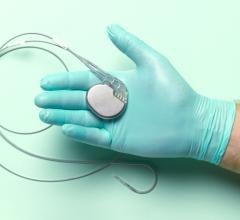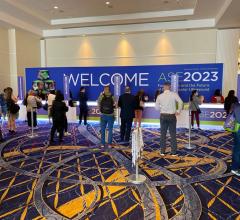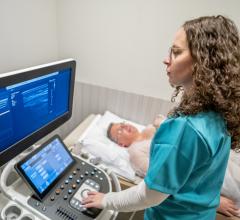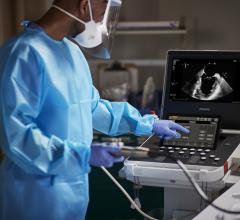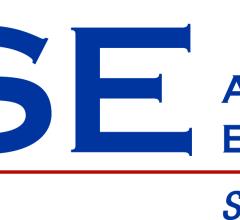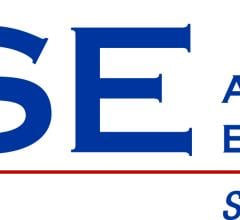
June 13, 2016 – After following a large sub-set of patients, researchers found that by using strain echocardiography they could accurately predict which patients were likely to have complications from hypertrophic cardiomyopathy (HCM). This is important because HCM is common, but often undetected, and one of the leading causes of sudden cardiac death in young adults.
“HCM is the most common inherited cardiac condition with several disabling and life-threatening complications. Global longitudinal strain was able to independently predict key outcomes in HCM and therefore has the potential to become an essential tool in HCM risk assessment,” said Hongyun Liu, M.D., of the Johns Hopkins HCM Center of Excellence, Baltimore.
Conventional and strain echocardiography were performed in 400 HCM patients who were followed for 37 months to obtain the necessary data. Strain echocardiography is an advanced but growing cardiovascular diagnostic technique that is a sensitive and powerful way to assess patient outcomes.
Researchers on the study, “Global Longitudinal Strain Independently Predicts Outcomes in Hypertrophic Cardiomyopathy,” included Liu, Iraklis Pozios, Bereketeab Haileselassie, Alexandra Nowbar, Lars Sorensen, Susan Phillip, Dai-Yin Lu, Ioannis Ventoulis, Hongchang Luo, Roselle Abraham and Theodore Abraham from Johns Hopkins HCM Center of Excellence.
HCM can affect people of any age and affects men and women equally. It is a disease in which the heart muscle (myocardium) becomes abnormally thick (hypertrophied). The thickened heart muscle can make it harder for the heart to pump blood. Some people who have HCM have no signs or symptoms, and the disease does not affect their lives. Others may have shortness of breath, serious arrhythmias or an inability to exercise. Although HCM is usually inherited, it can also develop over time because of high blood pressure or aging.
Liu presented a poster based on this research during the American Society of Echocardiography (ASE) 27th Annual Scientific Sessions, June 10-14 in Seattle.
For more information: www.asescientificsessions.org

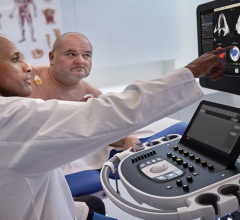
 June 12, 2024
June 12, 2024 

